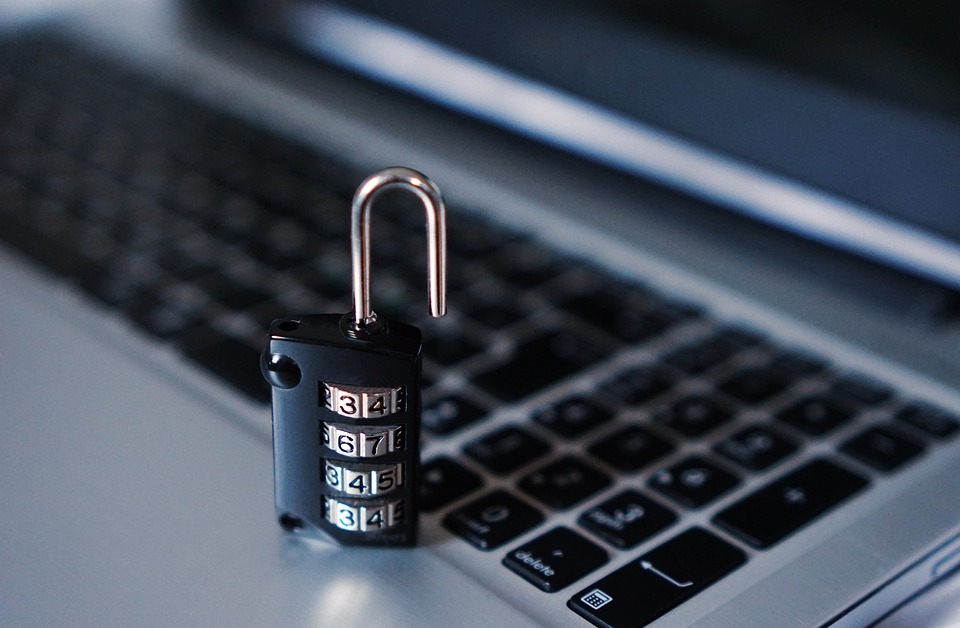The steps that you are taking to keep your computer secure can depend on a variety of factors. For instance, if you have especially sensitive information stored, you may be willing to spend more time and resources to safeguard it.
As much as real-world criminals can commit severe crimes in various ways, there is a broad array of cybercrime that can be undertaken against a computer. That is why there is no single way to secure a computer.
To keep a computer - and all its users – protected from cybercriminals, it must be a combination of several preventive measures. Here are some tips and tricks to maintaining strong computer security.

Keep Your Software Updated
The first thing any computer user should begin with when discussing computer security is to ensure that all computer software is up-to-date, whether it is the operating system software or some other application.
Cybercriminals who use malicious attacks to put malware or steal information use software imperfections (called vulnerabilities) to reach a target device.
This is known to software developers, and as soon as these vulnerabilities are found, they work to resolve the problem and develop a patch. These patches and updates can help keep a device secure from these kinds of data attacks.
Have an Antivirus Security Software
Also, a high priority should be to have trustworthy antivirus protection software when thinking about computer security. The best choice is to use a well-rounded program providing a wide range of protections.
"Antivirus protection" is something of a misnomer. A computer virus is a unique type of malware that aims to replicate itself and needs to be executed to function.
There are various manners of manipulating a computer, from Trojan horses to spam e-mails, rootkits, and phishing. Every one of these attacks has distinct delivery methods and also multiple ways to inflict harm.
Some antivirus programs can only defend against certain types of malware, or will not protect against Web browser attacks or via e-mail.
Never Open an E-mail from an Unknown Source
While they may seem safe, chain emails can be one of the worst perpetrators of viruses and other malware spreading.
Never open an attachment from an email that either originates from an anonymous source or has been forwarded several times.
Also, never click links from unverified senders in e-mails, or if a friend's e-mail looks too stiff or out of context. For example, Norton Security has e-mail protections against threats.
In emails, it will scan attachments and links to evaluate whether they are secure. But it's still smarter to be safe, even with that defense, than to be sorry and come down on the side of risk.
Create Strong Passwords
One way that cybercriminals get at breaking into tech with computers or stealing information is by stealing passwords.
This can be accomplished by making wild guesses about somebody's password (using the same word as a username, street address, date of birth, or a pet's name, among others).
Strong passwords will help keep your computer secure. It can make a lot of difference by not using apparent words (such as "password" or "myname").
The best path to take is by using random combinations of letters (upper and lower case), numerals, and punctuation marks.

Conclusion
A wide variety of risks should be addressed regarding computer security, from malicious hacker attacks and people physically stealing your computer, and the information it holds.
If you're mainly using your computer for work tasks or personal use, it's overwhelmingly probable that you want to keep it and its content safe and protected. You may follow the tips above to minimize the possibility of compromising your computer.





